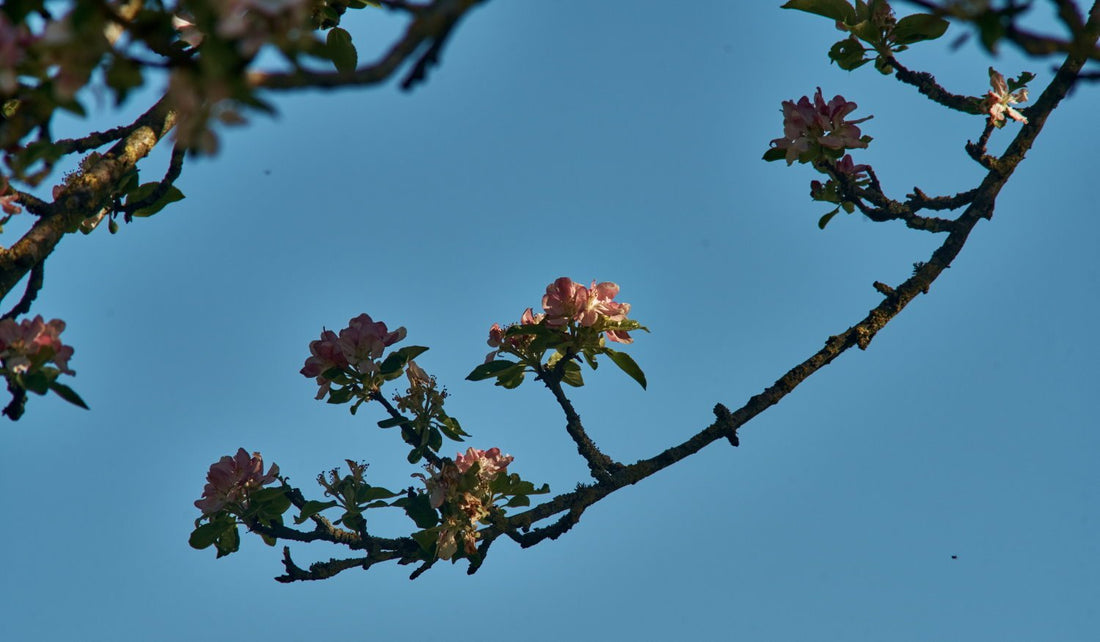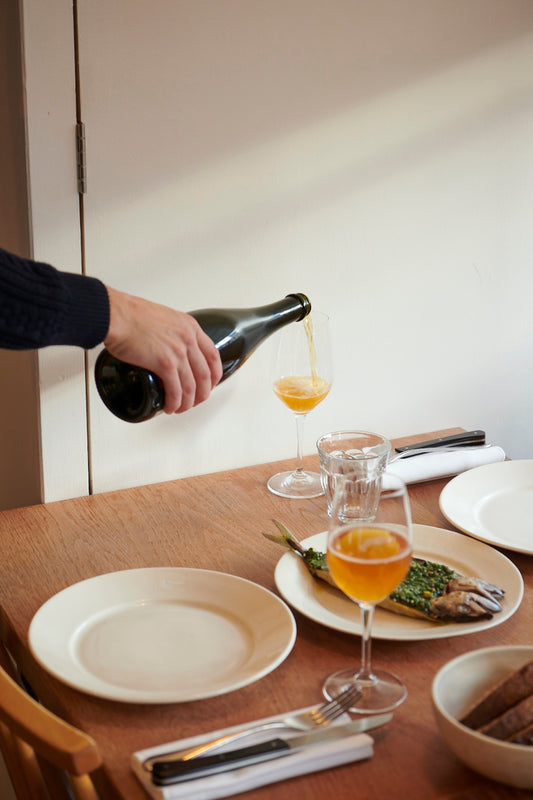
#5 - What is Cider? (Part 1)
Share
In the simplest sense, there are three things that make cider: apples, yeasts, & time. So over the next few articles, we're going to explore each of these components in a tad more detail, to get to know what the options are & how things work! First up, it all starts with the apple:
What Apples Can Be Used For Making Cider?
Cider (in the west country at least) has traditionally been made from specific varieties considered good for cider making. These traditional cider apples aren't like the ones you buy in shops, they are typically full of bitter, astringent flavours and high levels of sugar. With names like Yarlington Mill, Kingston Black, and Somerset Redstreak, that often come from the places or people who discovered them. One thing these
traditional cider apples are often renowned for is their tannic properties (tannins give a complex, bitter, mouth-drying sensation, and are also found in tea & red wine).
In the east of England, cider will often be made with non-traditional cider apples; mostly varieties we also use to eat and cook with. So when used for making cider, these varieties produce something like the white wine of the cider world; usually creating ciders that are slightly lower in alcohol, less robust, with a more notable acidity, and little or no tannins.
Despite this east/west coast divide here in the UK, the truth is that cider can be made from almost any type of apples. And if you look abroad, you see the same sorts of variations, in different parts of the cider making world. In France for example, an 'old world' cider making nation, having made cider for a long time, lots of traditional cider apples are grown, but not necessarily the same varieties as those used in Britain. In the USA, it's mostly non-traditional cider apples that are fueling the cider revolution (fascinating things have been happening in the USA, with cider coming on leaps and bounds in the last few years).
Indeed, not only do cider apples around the world vary, but so too does the precise definition of good cider. In Spain, Scandinavia and Japan, you won't be surprised to hear that their ciders can taste quite different from what we're used to in Britain, as are the culture and traditions around drinking cider. Just as you can't say one wine region of the world is better than another, the same is true for cider, each region contributes different experiences that's all part of the joy of discovering what you like to drink. Similarly, there's no reason to favour certain apple varieties over others from different regions; a good-tasting cider simply comes down to personal preference, it's a subjective thing, and the more wonderful styles of cider there are the better.


